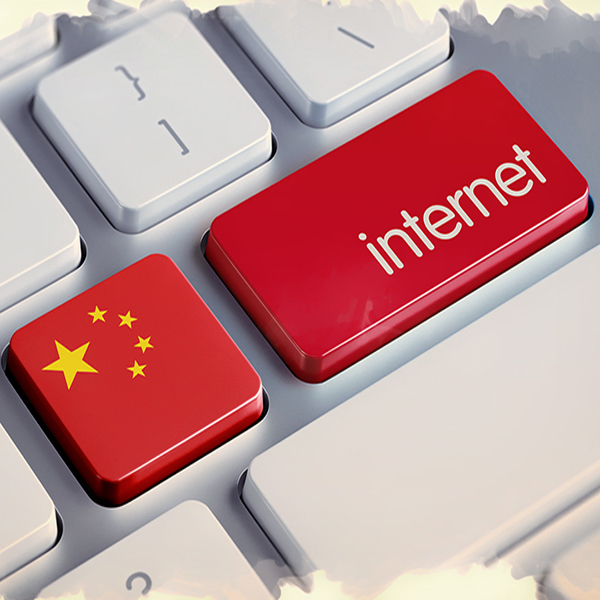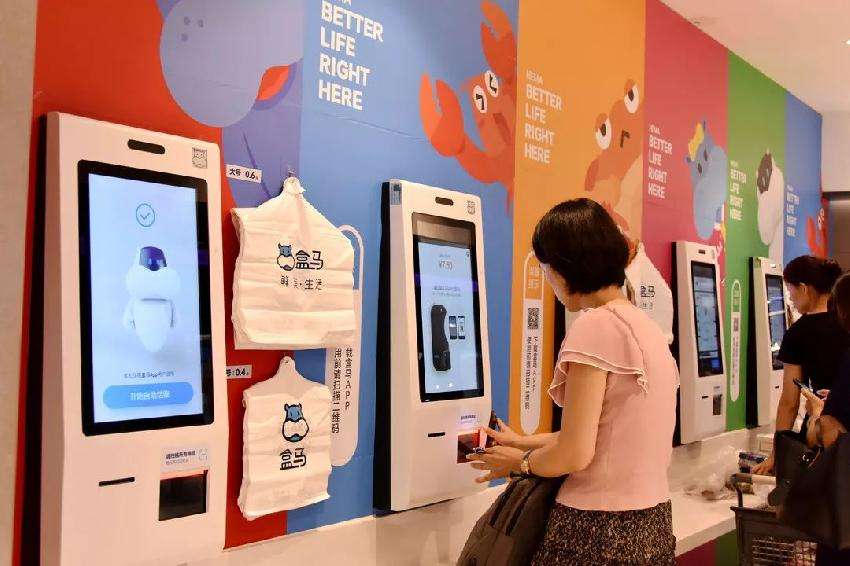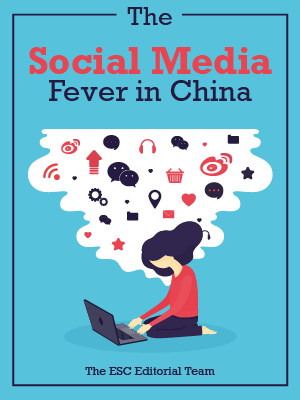Ecommercestrategychina.com uses cookies and other technologies to provide you a better browsing experience. You can get more information regarding the use of cookies, or decline it whenever by clicking Privacy Policy. By using this site or clicking “Okay”, you give us the consent to the use of cookies.
OKAY
Since the double increase in share prices of IPOs and listed Internet companies in China in 2017, the Chinese internet giants are playing an increasingly important role in the world. What is the future of Chinese Internet development in 2018? Let us talk about how the Internet is playing an increasingly important role in Chinese life and production, such as content distribution, artificial intelligence and new retail markets.
The content distribution market enters a phase of comprehensive integration

In 2017, the content platforms were reformed as part of the supply-side reform and a large number of content creators were attracted by subsidies and sharing mechanisms. By 2018, one million self-media (also known as we-media, an emerging type of media in China that has a core of social media and is run by individuals or small groups of people) were generated on these platforms.
The content distribution market entered the era of “big content” mentioned by Pony Ma. The content here is not just news, information, graphics or short videos. All the things that can grab the user's attention on mobile devices are content such as music, films, animation, literature, games and so on. All the above content can be integrated and converted to be published on the content platforms. And the platforms can monetise this content through the popular IP in content marketing. As a result, multi-content platforms such as Baidu and Tencent are the ones that perform well and evolve in the content industry.
To reach the pinnacle of we-media, the content distribution market needs to do two things: reduce the number of platform accounts and improve the quality of content on the platform. To do this, these platforms will introduce a stricter rule of account creation and improve the standard of content. (For example, Yidian, an interest-oriented mobile news aggregator, announced on January 2 this year that 100,000 we-media accounts were suspended for publishing false and fake content).
The role of artificial intelligence is being developed from the technology to the business industry

Since AlphaGo, a computer program that plays the board game Go, defeated Shishi Li in 2016, the value of AI has been explicit.
2017 was the year of AI technology. On the one hand, AI startups have emerged, on the other hand, Baidu, Alibaba and Tencent (collectively called BAT) have increased the AI investment. While Baidu All IN AI has been in use for a long time, Alibaba founded the Damo Academy and announced a $100 billion investment in sophisticated technology, including AI, over the next five years. And Tencent have used AI to create intelligent hotels and facilitate healthcare services.
After the bursting of the AI entrepreneurial bubble, the biggest change in the AI industry in 2018 is the application of technology to commerce and entry into many scenes of life and production.
This August, Tencent Research Institute and IT Orange Venture Capital Data Platform jointly released a report showing that the total number of companies closed in China and the United States until June exceeded 50. The founder of the Innovative workshop, Kaifu Li, the CEO of USTC News, Qingfeng Liu, and Alibaba Cloud’s president, Xiaoming Hu, all said that the AI entrepreneurial bubble will burst. Only the AI companies with application scenarios, user-market, and monetisation capability will survive.
The competition between artificial intelligence companies, big and small, will no longer be about the technology itself, but about the ability to apply the technology to different scenarios. The big companies want to promote AI in all walks of life, and the small companies have to find the needs of the users in the AI market, which makes them pay for the AI product. The most important thing that AI startups can finance is not how many talents there are in the team or how strong the technology is, but their performance and potential in commercialisation.
Commercial upgrades in China's Internet industry – “New Retail”

In addition to people's consumption adjustments, all businesses are gearing up for a new era in China. They are expected to create great opportunities for the new retail industry and influence the Chinese Internet industry.
New Retail was officially proposed by Jack Ma in 2016 and provisionally launched in 2017. JD and Suning (one of the largest non-government retailers in China) have joined the new retail market separately in the form of “Unbounded Retail” and “Smart Retail”. In 2018, New Retail penetration will be faster than the e-commerce business. There are two reasons for this: On the one hand, Alibaba, JD and other e-commerce giants will be exploring new retail models in unmanned supermarkets, retail stores, community stores and more; On the other hand, the physical retail giants were already experiencing revolutions after losing the market seized by the e-commerce giants. For example, Suning has brought together about 300 Chinese real estate giants (Wanda, Evergrande, etc.) to launch the commercial development model of “rental and acquisitions cooperating with e-commerce platforms”.
The combination of retail and Internet will have a positive impact on the development of the Chinese market. Shopping centres, retailers, supermarkets, shops, etc. can use Internet technology to increase supply chain efficiency, reduce inventory, and improve the user experience to increase sales.
Another buzzword in China 2018 is blockchain, which is considered a secure way of maintaining a public database. Its most known application is cryptocurrencies. However, due to increasing fraudulent parties, the cryptocurrency regulatory atmosphere is becoming stricter globally. Chinese government has imposed bans on ICOs, and Titanium Blockchain, an Israeli startup, was prosecuted for fraud initial coin offering. You could learn more about it at MintDice. Blockchain is still developing at a fast pace in the nation under growing enthusiasm and favourable policy. Startups and tech giants like Alibaba and JD have rushed for the innovation race, expecting blockchain technology to benefit their businesses across different sectors such as e-commerce, social media, and public transportation.
After the PC Internet is now the era of the mobile Internet. The next chapter of the mobile Internet is artificial intelligence, but the Internet will still be an indispensable key infrastructure. The matured Internet will continue to change our lives. In addition to content distribution, artificial intelligence and New Retail, in 2018 industries such as shared travel, smart finance, smart transportation, the Internet of Things and global expansion will be the key changes.
Please Login to add comments.

$9.99 $19.98

$9.99 $19.98
By GRLpGpAG December 7th, 2023
555
By GRLpGpAG December 7th, 2023
555
By GRLpGpAG December 7th, 2023
555
By GRLpGpAG December 7th, 2023
kuPtzSdS
By GRLpGpAG December 7th, 2023
-1 OR 2+452-452-1=0+0+0+1 --
By GRLpGpAG December 7th, 2023
-1 OR 2+61-61-1=0+0+0+1
By GRLpGpAG December 7th, 2023
-1' OR 2+160-160-1=0+0+0+1 --
By GRLpGpAG December 7th, 2023
-1' OR 2+580-580-1=0+0+0+1 or 'I9dcHqGa'='
By GRLpGpAG December 7th, 2023
-1" OR 2+901-901-1=0+0+0+1 --
By GRLpGpAG December 7th, 2023
if(now()=sysdate(),sleep(15),0)